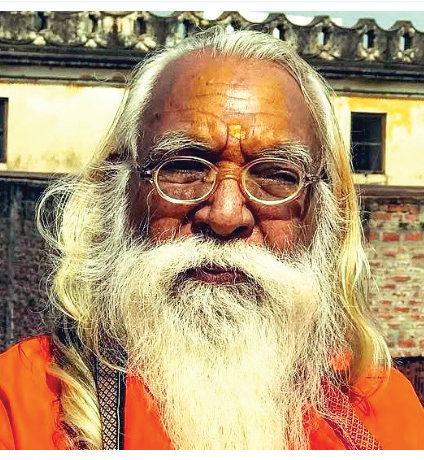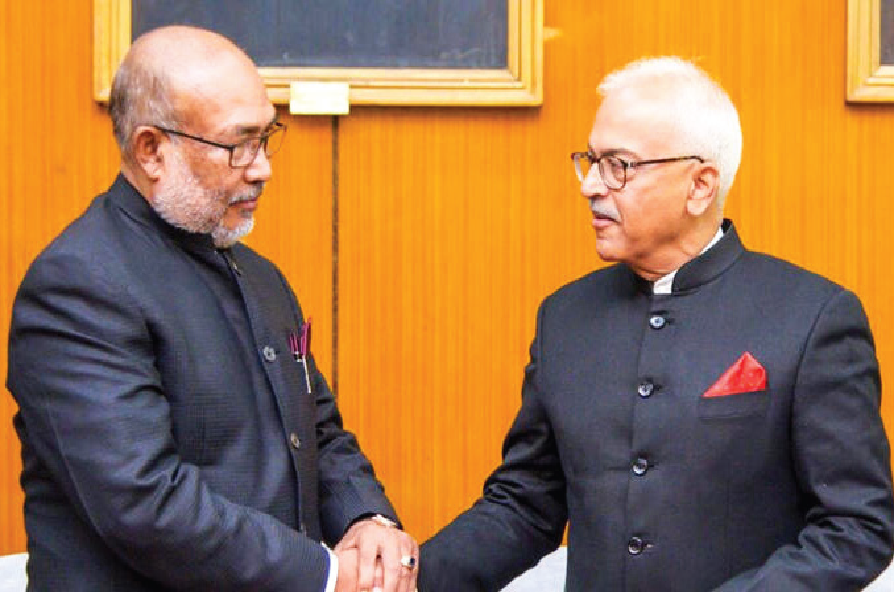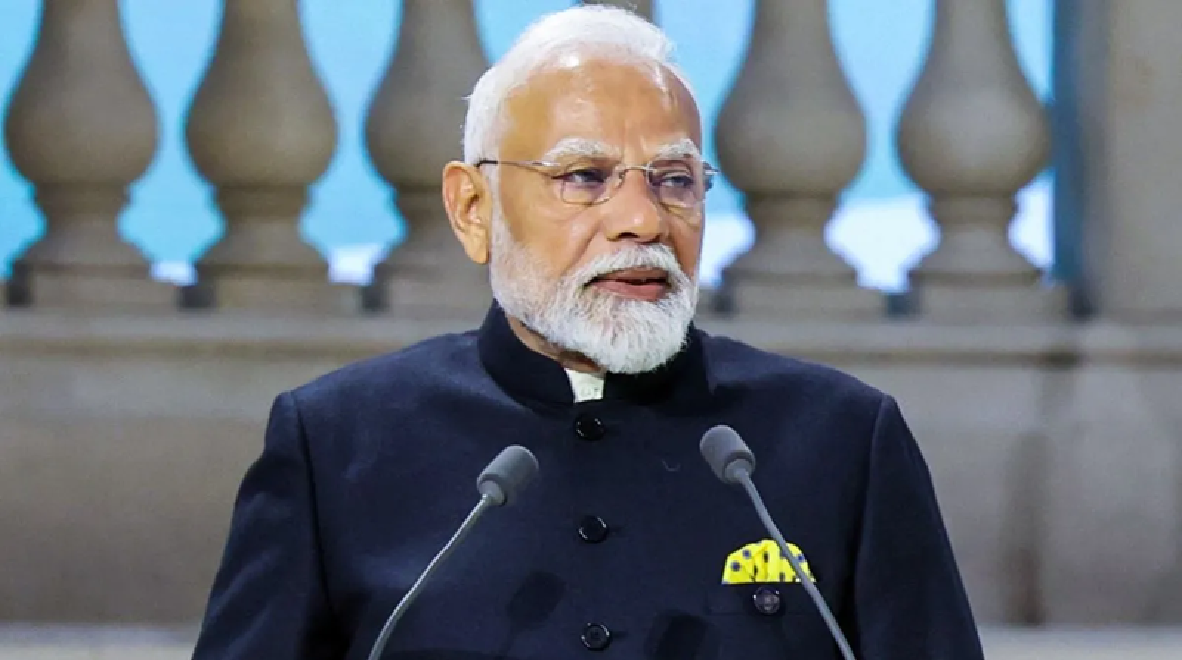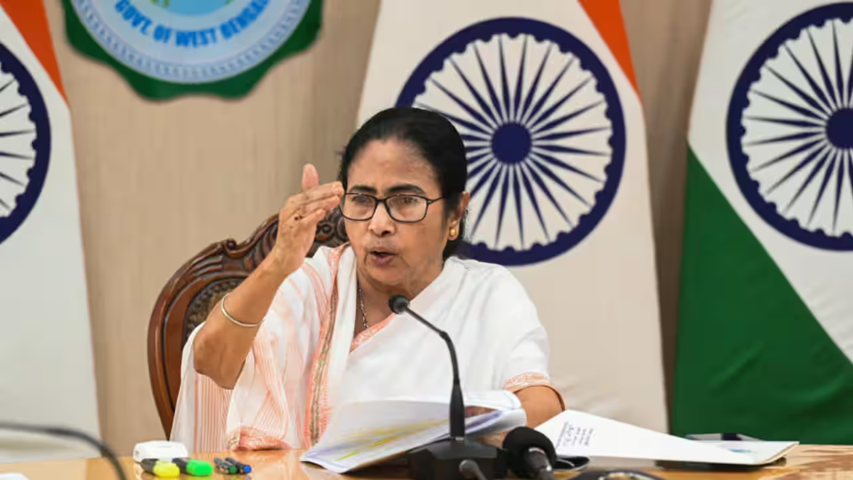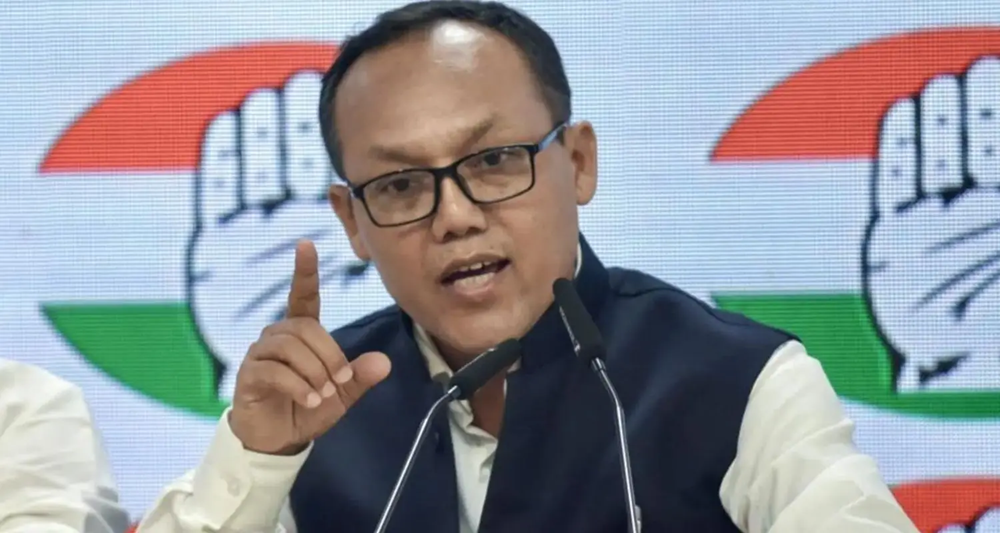
Attempt on to 'control' judiciary?
Law Minister writes to CJI to include govt's representative in judges selection process
NT Correspondent
New Delhi: A full-blown controversy has broken out over the Centre's push to have a say in the selection of judges after Law Minister Kiren Rijiju wrote to the Chief Justice of India D Y Chandrachud for the inclusion of government nominees in the collegium system on appointments to the higher judiciary.
While the Law Minister defended the letter saying it was a "precise follow-up action" suggested by the apex court while striking down the NJAC Act, the Opposition hit out at the move, with Congress leader Jairam Ramesh saying that while reforms were needed, the government's remedy was a "poison pill" for the independent judiciary.
Rijiju's early January letter to the CJI and the remarks on Monday come amid a tug-of-war between the government and the judiciary over the process of appointments of judges to the Supreme Court and high courts.
Officials said the Law Minister has sought the setting up of a "search and evaluation committee" with representation from the central and the state governments in the selection of judges for the Supreme Court and the High Courts respectively.
Besides several Union ministers, Vice President Jagdeep Dhankhar has slammed the 2015 scrapping of the National Judicial Appointment Commission (NJAC) by the apex court and claimed that the judiciary was encroaching on the domain of the legislature.
The Opposition came out with all guns blazing with Jairam Ramesh alleging that it was an "orchestrated confrontation" by the government to "capture" the judiciary. Ramesh alleged that the government was seeking "complete subservience".
In October 2015, a fivejudge Constitution Bench of the Supreme Court declared the NJAC Act, passed unanimously by Parliament, for appointing judges as unconstitutional on several counts. The bench, headed by the then CJI J S Khehar, asserted: “In the matter of appointment of judges to the higher judiciary, as also in the matter of their transfer, the primacy in the decisionmaking process inevitably rests with the Chief Justice of India.”
 English daily published in Bengaluru & Doha
English daily published in Bengaluru & Doha


